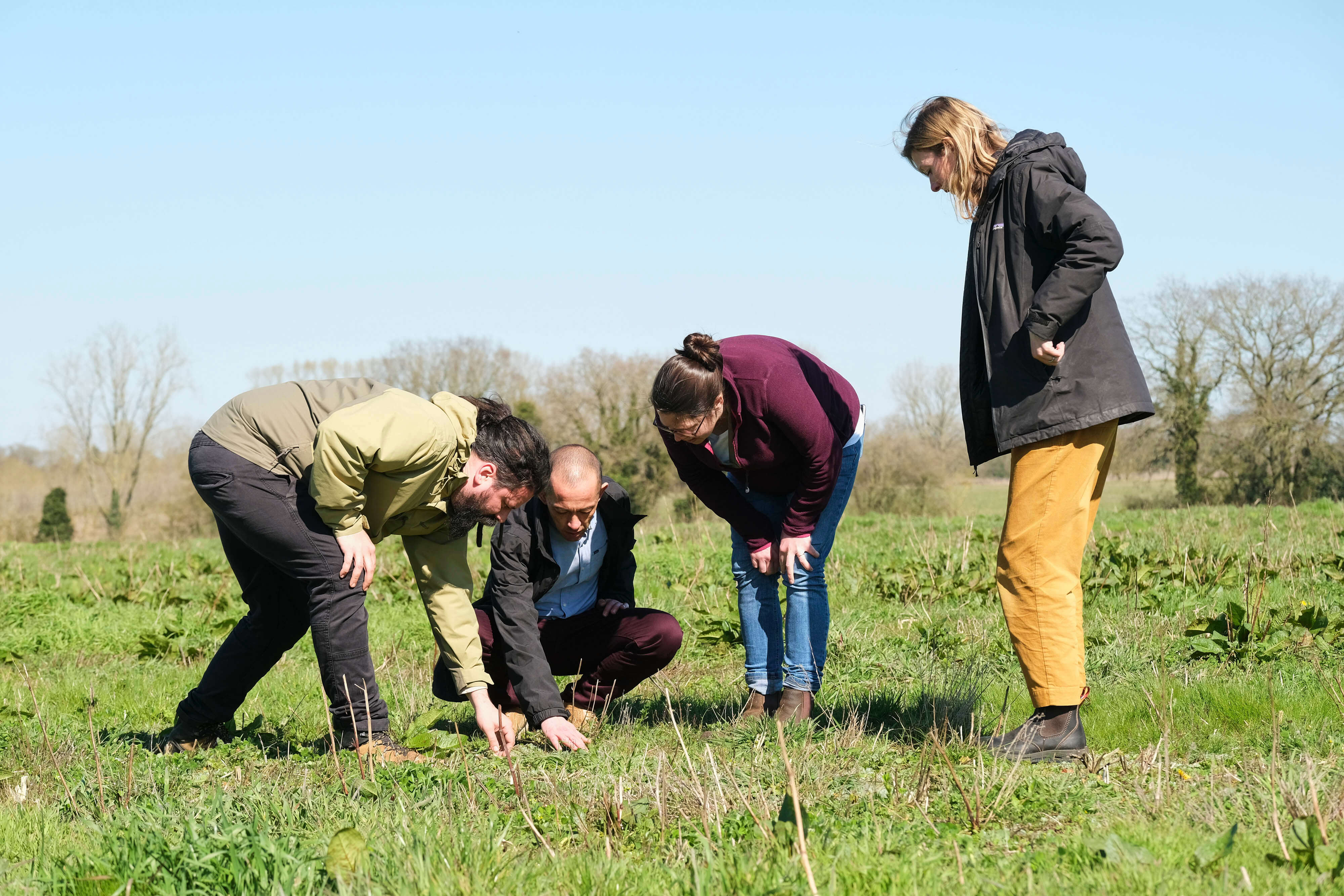An innovative regenerative farming project is being launched at Gorgate Farm in Norfolk, one of the UK’s leading blackcurrant farms supplying Ribena, in collaboration with Suntory Beverage & Food Great Britain and Ireland (SBF GB&I), the University of East Anglia, Suntory Holdings Limited, and the Soil Ecology Laboratory. The project aims to reduce greenhouse gas emissions, improve soil health, and increase biodiversity in blackcurrant production.
The ambitious research project will be implemented across Gorgate Farm’s 60 hectares of blackcurrant production, which has been supplying Ribena since the 1950s. The initiative is part of Suntory Group’s global ambition to support crop resilience and reduce carbon emissions throughout its supply chain. By focusing on regenerative farming practices, the project intends to decrease the scope of three greenhouse gas emissions from blackcurrant production and enhance soil health to foster plant resilience and carbon sequestration.
Rosie Begg, second-generation blackcurrant grower, and research lead at Gorgate Farm, expressed her excitement for the collaboration, highlighting the importance of soil restoration in supporting both the environment and blackcurrant production.
The project will concentrate on minimizing external inputs while improving soil health, plant nutrition, and environmental protection through various approaches. These include sap sampling, utilization of novel and organic inputs, creation of diverse alleyway swards, and improvements to soil health through compost extracts.
Harriet Prosser, an agronomist at SBF GB&I, underscored the project’s significance in transitioning from conventional practices to more sustainable ones. The pilot project, launching in April 2023, will be supported by Suntory Holdings Limited for at least three years, hoping to create a blueprint for sustainable production in various crops.
Brian Golden, Senior General Manager at Global Supply Solutions, Suntory Holdings Limited, praised the initiative as a milestone in the company’s series of regenerative agriculture pilots. Brian Reid, Professor of Soil Science at the University of East Anglia, also expressed his enthusiasm for the project, which will use the Cool Farm Tool to measure on-farm greenhouse gas emissions and soil carbon sequestration, with results to be reported through peer-reviewed scientific papers.
Image provided by Norfolk Blackcurrant Farm. At Gorgate Farm in Norfolk as Suntory Beverage & Food Great Britain and Ireland (SBF GB&I), the producer of Ribena, unveils a research project to reduce greenhouse gas emissions during the production of blackcurrants. In collaboration with the University of East Anglia, the project aims to use regenerative farming practices to improve soil health and increase the amount of carbon it can absorb and hold. Photo credit should read: Michael Leckie/PA Wire



1 Comment